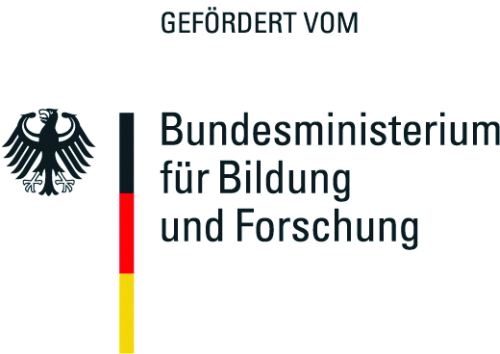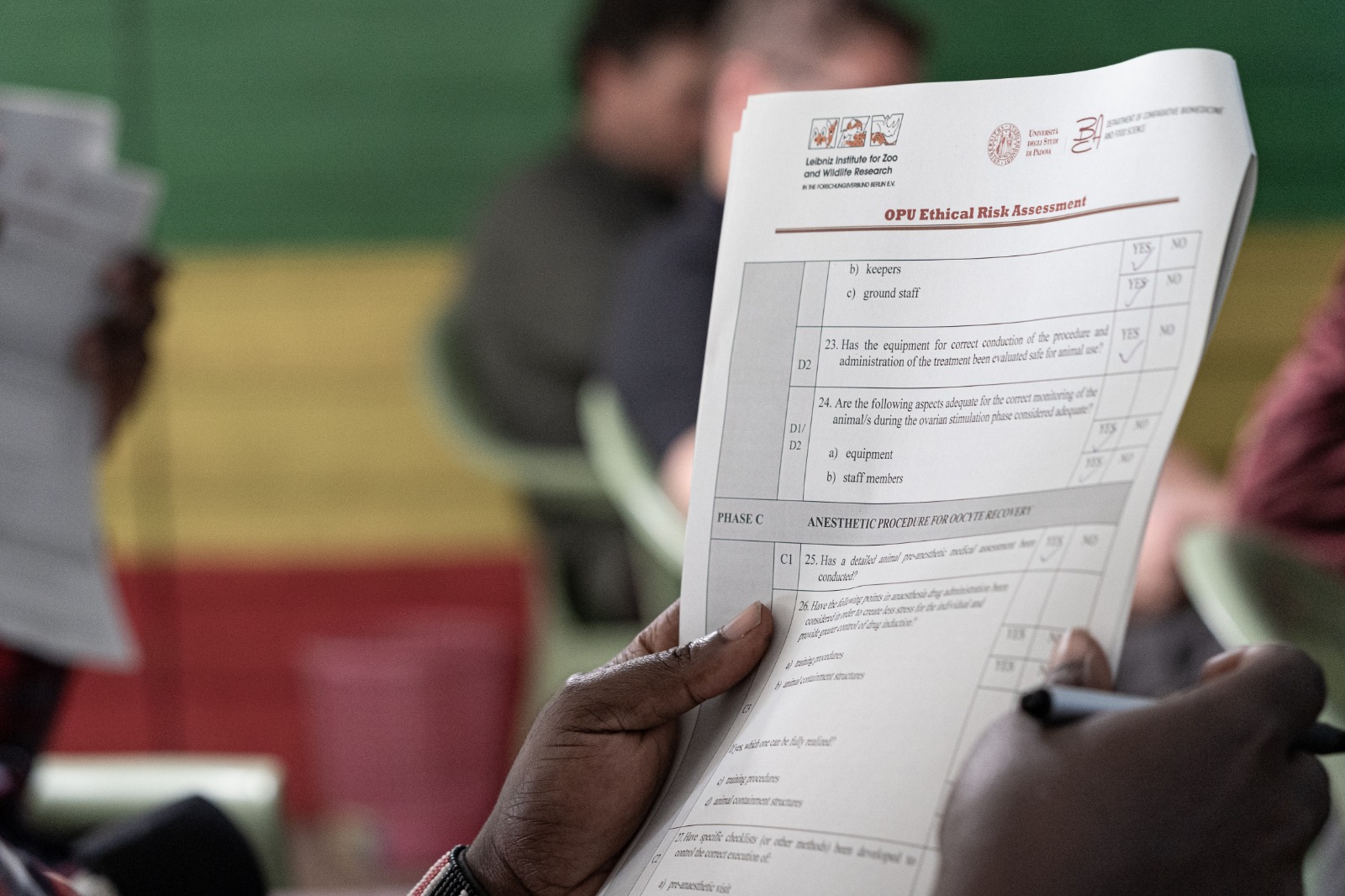
News Date
New technologies, new responsibilities
News Content
Press Release // Leibniz Institute for Zoo and Wildlife Research (Leibniz-IZW), University of Padua, Avantea Laboratories, Kenya Wildlife ServiceDate: March 22, 2021
BioRescue develops ethical risk assessment for northern white rhino rescue programme
The BioRescue consortium develops and applies new technological approaches as a last straw for saving critically endangered species such as the northern white rhinoceros. Advanced Assisted Reproductive Technologies (aART) push the boundaries of what can be done to create new offspring. Consequently, new ethical questions regarding the application of these tools arise and need to be answered, and relevant animal welfare issues to be addressed. In order to ensure that the ethical risk assessment matches the technological breakthrough with aART, the BioRescue consortium developed and applies the “ETHAS” tool, an ethical self-assessment tool explicitly designed for assisting oocyte collections, in vitro fertilizations, embryo transfers and further procedures of the BioRescue consortium. ETHAS was developed under the leadership of Padua University and is described in detail in a new paper published in the scientific journal “Animals”. From the very beginning of conceptualising the BMBF sponsored BioRescue programme, it was obvious that – if successful – the newly developed technologies for assisted reproduction would require a solid ethical and animal welfare framework to be applied for species conservation.
Filling in the questionnaires
Downloads
File name
PR 2021-03-22
Quotes
Description
If we have new things we can do, it is our duty to also consider what we should do and how we can apply them in a way that truly respects animal welfare, risk considerations, the safety of the people involved and the quality of the procedures.
Name
Prof Thomas Hildebrandt
Position
BioRescue head from the German Leibniz Institute for Zoo and Wildlife Research (Leibniz-IZW)
Description
We soon realised that for assisted reproduction technologies as they are developed and applied in the BioRescue programme no ethical assessment tools existed. As the reproduction specialists had to design new intervention approaches, we were able to develop and apply in parallel a new robust and solid ethical risk assessment framework.
Name
Prof Barbara de Mori
Position
Teamleader Ethics Laboratory for Veterinary Medicine, Conservation and Animal Welfare / University of Padua


 News
News
